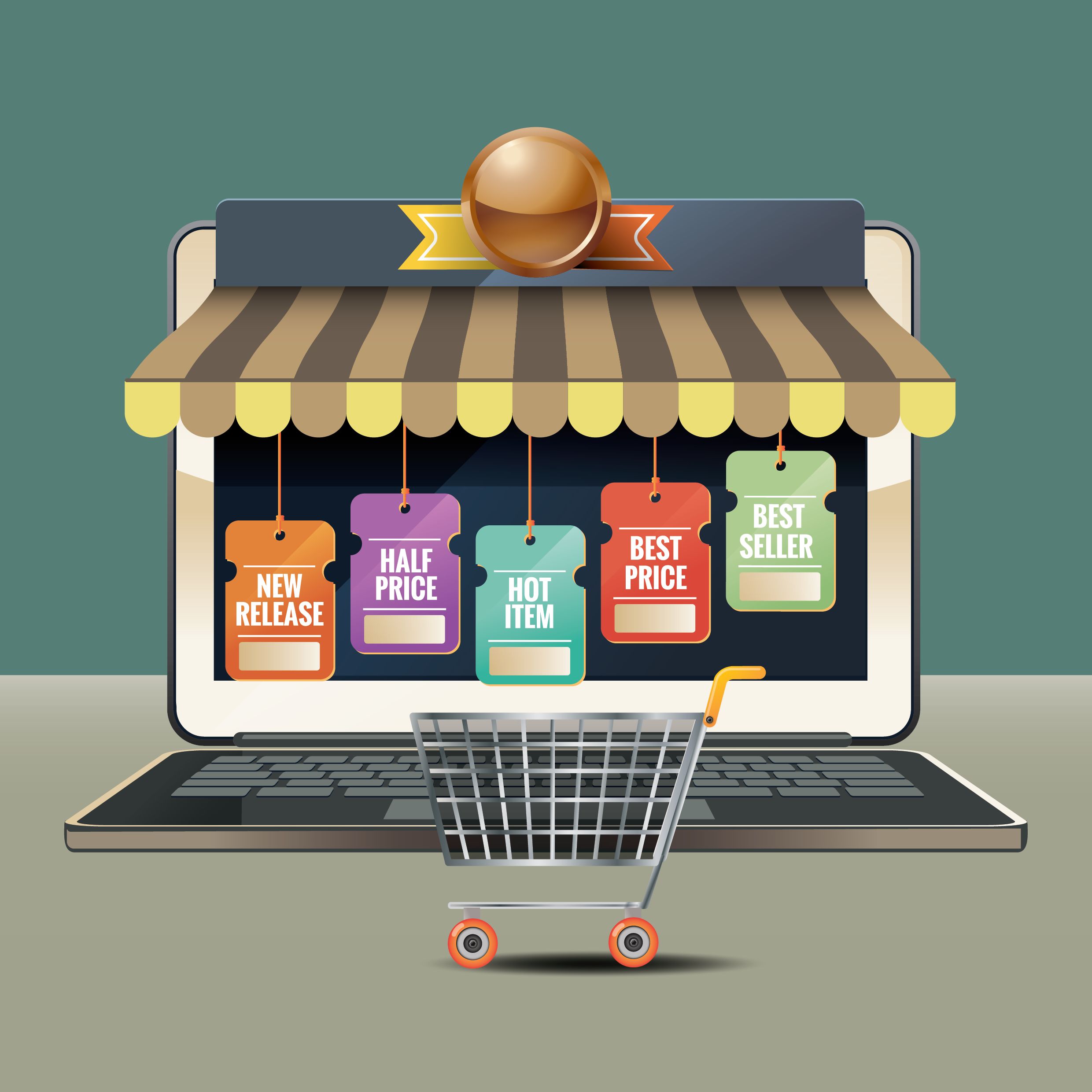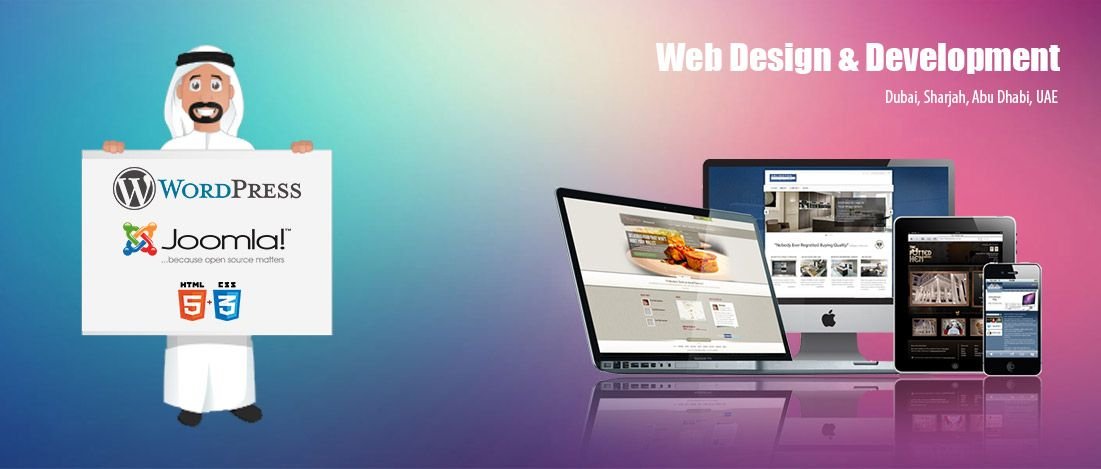E-commerce has become an integral part of modern business, with online sales expected to reach $4 trillion by 2020. As a result, there is a growing need for effective e-commerce solutions that can help businesses of all sizes sell their products and services online. Whether you are a small business owner just starting or a large corporation looking to expand your online presence, there is a wide variety of e-commerce solutions available to help you achieve your goals. In this blog post, we will discuss some of the most popular e-commerce solutions available, including their features, advantages, and disadvantages.
5 Top E-commerce Solutions for Your Business: Which One is Right for You?
Shopify:
Shopify is a popular e-commerce platform that allows businesses to create an online store quickly and easily. It offers a wide range of features, including a drag-and-drop website builder, a wide selection of themes, and integration with various payment gateways. Additionally, Shopify offers a variety of apps that can be used to add additional functionality to your store. Some of the advantages of using Shopify include its ease of use, scalability, and ability to integrate with various third-party tools. However, the cost of using Shopify can be high, and it may not be the best choice for businesses that need a lot of customization.
Magento:
Magento is another popular e-commerce platform that offers a wide range of features, including a powerful set of tools for creating and managing an online store. It is an open-source platform that allows businesses to customize their store to meet their specific needs. Additionally, Magento offers a variety of extensions and plugins to enhance the functionality of the e-commerce store. Some of the advantages of using Magento include its flexibility, scalability, and ability to handle a large number of products. However, Magento can be difficult to set up and may require a developer to customize.
WooCommerce:
WooCommerce is a free, open-source e-commerce plugin for WordPress that allows businesses to create an online store quickly and easily. It offers a wide range of features, including integration with various payment gateways and the ability to add products and manage orders directly from the WordPress dashboard. Some of the advantages of using WooCommerce include its low cost, ease of use, and ability to integrate with various third-party tools. However, WooCommerce may not be the best choice for businesses that need a lot of customization, and it may not be able to handle a large number of products.
BigCommerce:
BigCommerce is an e-commerce platform that is designed to help businesses create and manage an online store quickly and easily. It offers a wide range of features, including a drag-and-drop website builder, a wide selection of themes, and integration with various payment gateways. Additionally, BigCommerce offers a variety of apps that can be used to add additional functionality to your store. Some of the advantages of using BigCommerce include its scalability, ability to handle a large number of products, and ease of use. However, the cost of using BigCommerce can be high, and it may not be the best choice for businesses that need a lot of customization.
Salesforce Commerce Cloud:
Salesforce Commerce Cloud is a cloud-based e-commerce platform that allows businesses to create and manage an online store quickly and easily. It offers a wide range of features, including a drag-and-drop website builder, a wide selection of themes, and integration with various payment gateways. Additionally, Salesforce Commerce Cloud offers a variety of apps that can be used to add additional functionality to your store. Some of the advantages of using Salesforce Commerce Cloud include its scalability, ability to handle a large number of products, and ease of use. However, the cost of using Salesforce Commerce Cloud can be high, and it may not be the best choice for businesses that need a lot of customization.
Reaching More Customers through Online Marketplaces
One of the most popular e-commerce solutions for small businesses is the use of online marketplaces. These platforms, such as Amazon and Etsy, allow small businesses to easily set up an online store and start selling their products to a wide audience. Marketplaces are particularly beneficial for businesses that sell unique or niche products, as they allow these businesses to reach customers who may not have otherwise found them.
Boosting Sales with Social Media E-commerce
Another popular e-commerce solution is the use of social media platforms to sell products. Social media platforms such as Instagram and Facebook have become powerful marketing tools for businesses of all sizes, and many now offer built-in e-commerce features that allow businesses to sell their products directly to consumers. This is a great way for businesses to reach a large, engaged audience and build a loyal customer base.
Maximizing Reach: Combining E-commerce Channels
In addition to these solutions, businesses can also consider using a combination of different e-commerce channels to reach a wider audience. For example, a business could sell products on an online marketplace like Amazon, while also using social media and their own standalone website to promote their products and engage with customers.
Exploring Alternative E-commerce Models: Dropshipping, Subscriptions, and Affiliate Marketing
E-commerce also includes other services like dropshipping, subscription-based models, and affiliate marketing. Dropshipping is a business model where the seller does not keep the products in stock but instead orders them from a third-party supplier who ships them directly to the customer. Subscription-based models are when customers pay for a recurring service or product like a monthly box or a streaming service. Affiliate marketing is when a business rewards its affiliates for each customer brought to the business through its promotional efforts.
Securing Your Business and Customers: The Importance of E-commerce Security
Finally, one of the most important aspects of any e-commerce solution is security. With the sensitive financial and personal information involved in e-commerce transactions, businesses must take steps to protect their customers’ data. This includes using secure payment methods such as SSL and PCI compliance, as well as implementing strict security protocols to ensure that customer data is protected at all times.
E-commerce Success: Choosing the Right Solution for Your Business
In conclusion, by selecting the right e-commerce solution for your business, you can ensure that your online sales efforts are successful and that your customers have a positive experience.








